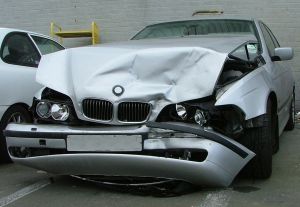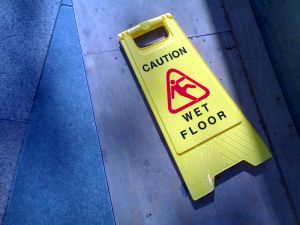 Medical bills are a strong measure of injuries and future expenses. However, due to insurance and governmental (e.g., Medicare) discounts, bills are rarely paid in full. Where the medical provider is prohibited, by contract or law, from balance billing, Plaintiffs and Defendants contest which medical expenses, the full charges or the reduced payments, may be presented to the jury.
Medical bills are a strong measure of injuries and future expenses. However, due to insurance and governmental (e.g., Medicare) discounts, bills are rarely paid in full. Where the medical provider is prohibited, by contract or law, from balance billing, Plaintiffs and Defendants contest which medical expenses, the full charges or the reduced payments, may be presented to the jury.
Plaintiffs argue that total charges give a full picture of their bodily injuries and future medical expenses. Defendants endeavor to limit admissibility to the discounted amounts. The outcome depends on who pays the bills.
Where the discounts are contractual write-downs from private insurance, the trial court should allow evidence of the total charges. In other words, Plaintiff may “board” all billed charges.
If a jury, in the face of discounted medical expenses, awards the Plaintiff the full medical expenses, doesn’t the Plaintiff derive a windfall? No. In Goble v. Frohman, 901 So.2d 830 (Fla. 2005), the Florida Supreme Court decided that such verdicts are to be reduced post-trial by the contractual discounts between the providers and private insurance company. Here is an example of how it works: if the discounted payment is $35,000 on total charges of $100,000, and the jury awards $ 100,000 for incurred medical expenses, the verdict will be reduced post-trial by $ 65,000 for a final judgment of $ 35,000.
This is fair. The jury, which does not hear about the discounted payment, is allowed to render its verdict based on relevant, probative evidence, while the judge, post-trial, adjusts the verdict so that the Defendant pays no more than was received by the medical providers.
This raises another question. If insurance has paid and the patient therefor owes the provider nothing, what is fair about a final judgment which awards the Plaintiff the amount paid by the insurance company? Simple. The Plaintiff must repay the money to the insurance company.
In essence, then, the most important aspect of boarding full medicals is for the jury to award the correct amount for pain and suffering damages and future medical expenses.
Continue reading
 Adults hosting house parties are well advised to be hyper vigilant in preventing alcohol or drugs from falling into the hands of minors. The negative consequences of failure, outlined in Florida Statute §856.015, can be substantial.
Adults hosting house parties are well advised to be hyper vigilant in preventing alcohol or drugs from falling into the hands of minors. The negative consequences of failure, outlined in Florida Statute §856.015, can be substantial.  Florida Injury Attorney Blawg
Florida Injury Attorney Blawg










